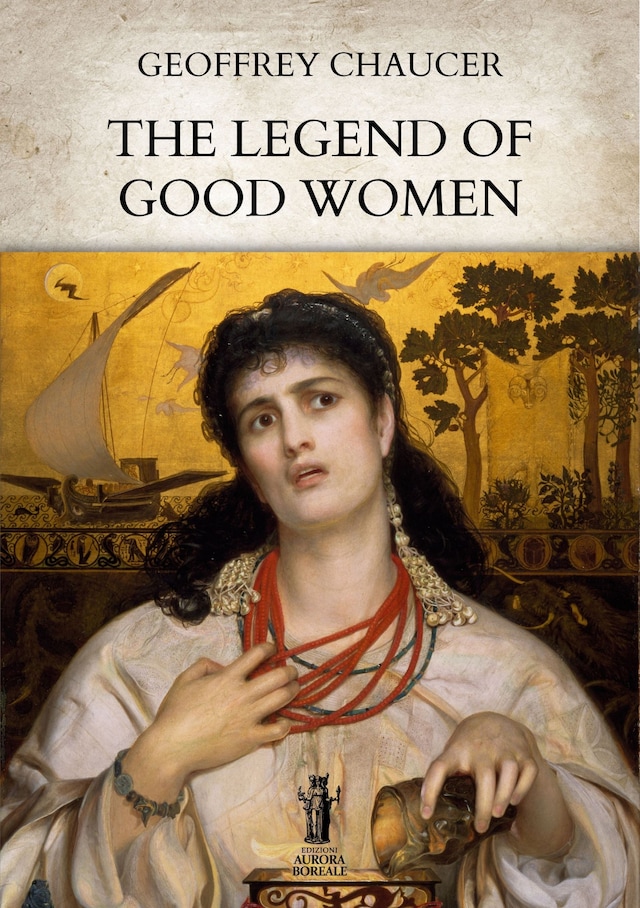
The Legend of Good Women
Opis książki
Geoffrey Chaucer, born in London around 1340, was an English poet, author, philosopher, scientist, diplomat and politician. He has been called the “father of English literature”, or, alternatively, the “father of English poetry”, but he should be considered, in a broader sense, for the breadth of his interests and the richness of his works, the father of English Humanism. He is seen as crucial in legitimising the literary use of Middle English when the dominant literary languages in England were still Anglo-Norman French and Latin.
Parallel to his activity as a prolific writer, he maintained a career in the civil service as a bureaucrat, courtier, diplomat, comptroller of the customs for the port of London and member of parliament.
The Legend of Good Women, the third longest of Chaucer’s works, after The Canterbury Tales and Troilus and Criseyde, is a poem in the form of a dream vision and is possibly the first significant work in English to use the iambic pentameter or decasyllabic couplets which Chaucer later used throughout The Canterbury Tales. This form of the heroic couplet would become a significant part of English literature no doubt inspired by Chaucer.
The poem - indebted to several sources, including Ovid’s Heroides and Metamorphoses, the works of Virgil and Vincent of Beauvais - is a collection of different narratives, a sequence of stories about famous women from history and mythology: Cleopatra, Thisbe of Babylon, Dido queen of Cathage, Hypsipyle, Medea, Lucretia, Ariadne, Philomela, Phyllis, and Hypermnestra. A historical, mythical, heroic and allegorical exaltation of the feminine, even from the most sacred and spiritual point of view.
 Geoffrey Chaucer
Geoffrey Chaucer 76 Strony
76 Strony